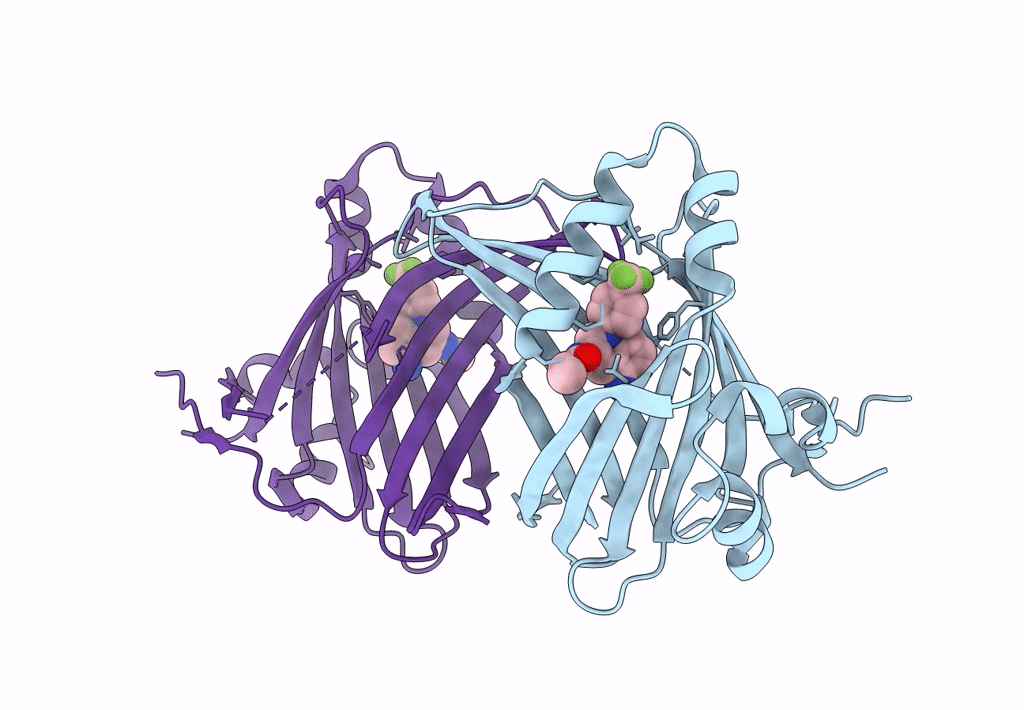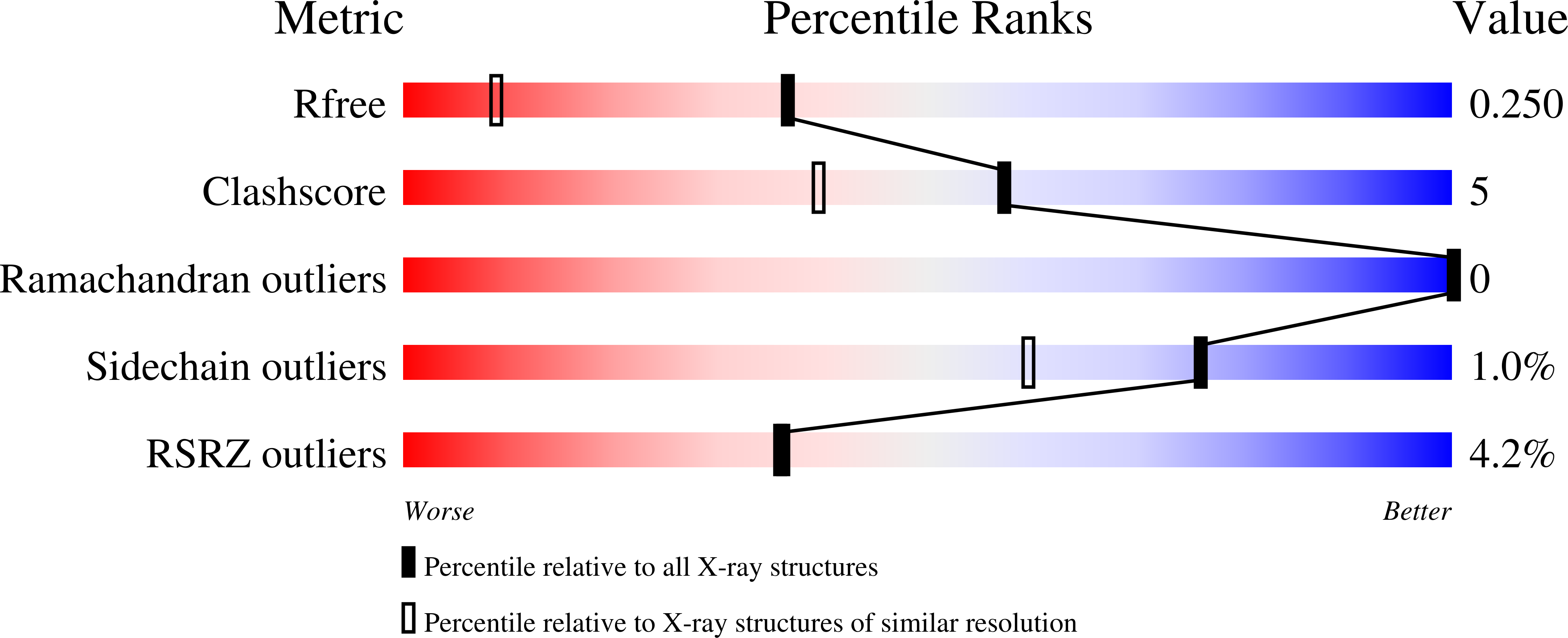
Deposition Date
2023-08-11
Release Date
2023-10-04
Last Version Date
2024-11-20
Entry Detail
PDB ID:
8Q68
Keywords:
Title:
Crystal structure of TEAD1-YBD in complex with irreversible compound SWTX-143
Biological Source:
Source Organism(s):
Homo sapiens (Taxon ID: 9606)
Expression System(s):
Method Details:
Experimental Method:
Resolution:
1.58 Å
R-Value Free:
0.26
R-Value Work:
0.20
R-Value Observed:
0.21
Space Group:
P 21 21 21


